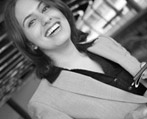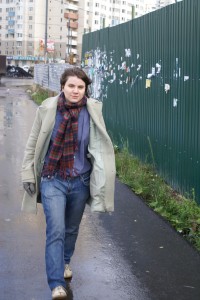Who is a "hero of Islam"?
The answer to one of the most sensitive questions of the early 21st century can be very different. Latifa Ibn Ziaten experienced this herself, to her horror. Her 30 year old son Imad was shot seven months ago. He was a paratrooper in the French army. "My son was proud to serve his country," Latifa said at the memorial service in spring. His murderer was Mohammed Merah, a 24-year old Islamic terrorist who killed three Muslim soldiers of the French army and then three Jewish children and a rabbi infront of an Orthodox Jewish school.
Ibn Ziaten Latifa, a 52-year old woman with a headscarf, went after the ceremony to the district where the killer was brought up, in the "Cité des Izard" of Toulouse. "Who is Mohamed Merah for you," she asked the young people in the street. "A hero of Islam," they shouted. "But he killed my son," she said. The boys felt uneasy. Before them stood a fellow muslim. They apologized for their remark. Latifa went to eat couscous with them. A short time later she started her own movement "for youth and peace." She wants to raise awareness that the underprivileged children of immigrants in "Cité of Izard" are part of the narrative of their new home: French from the Maghreb are citizens of the Republic, not the antithesis.






